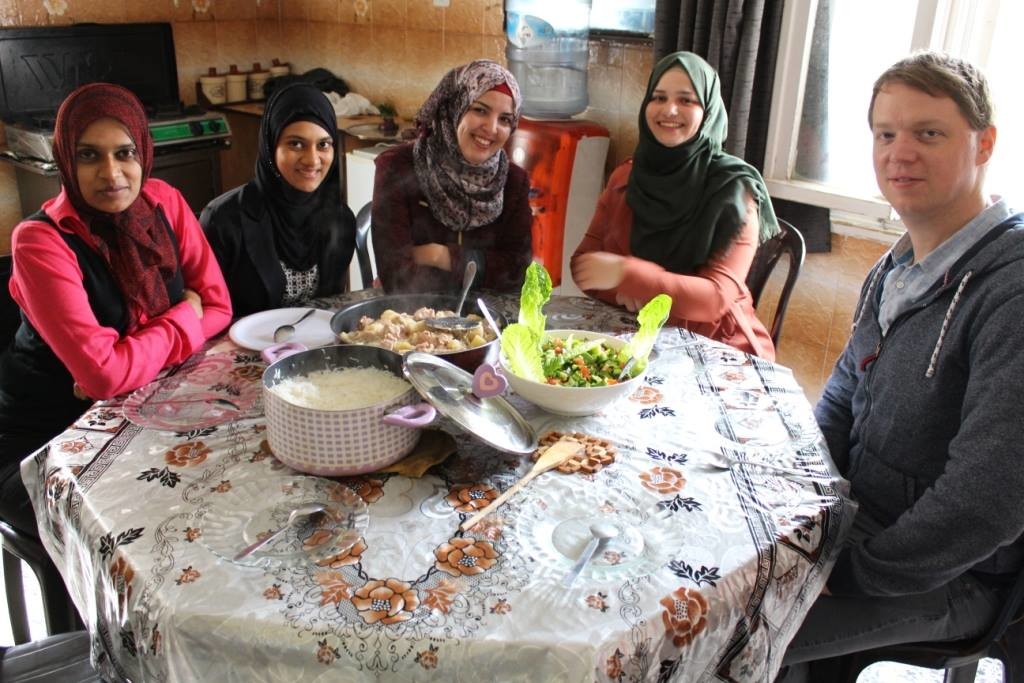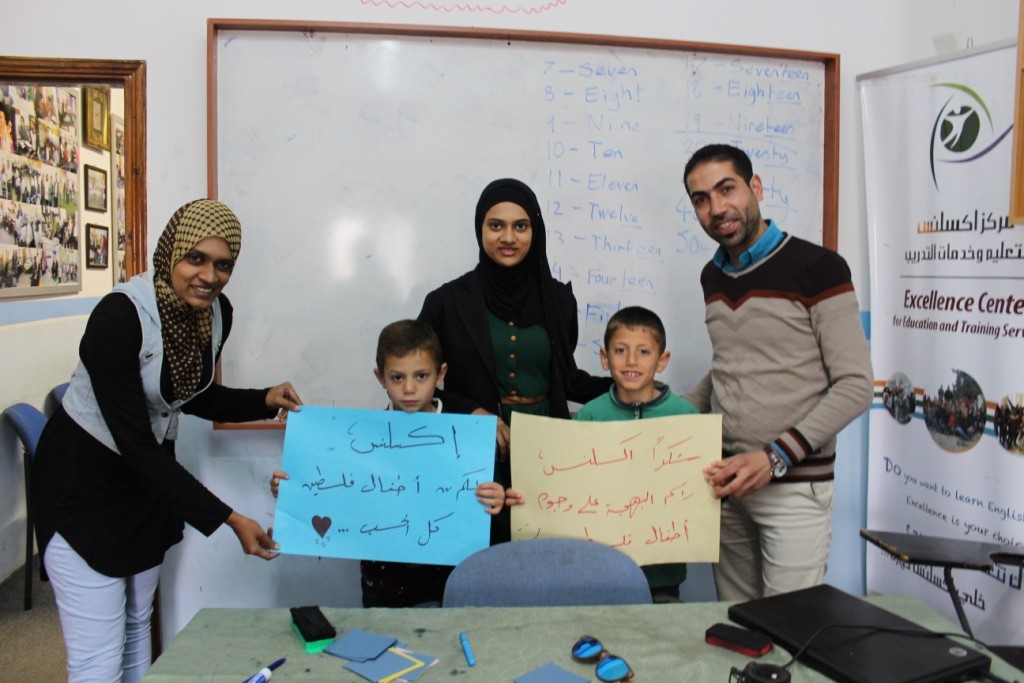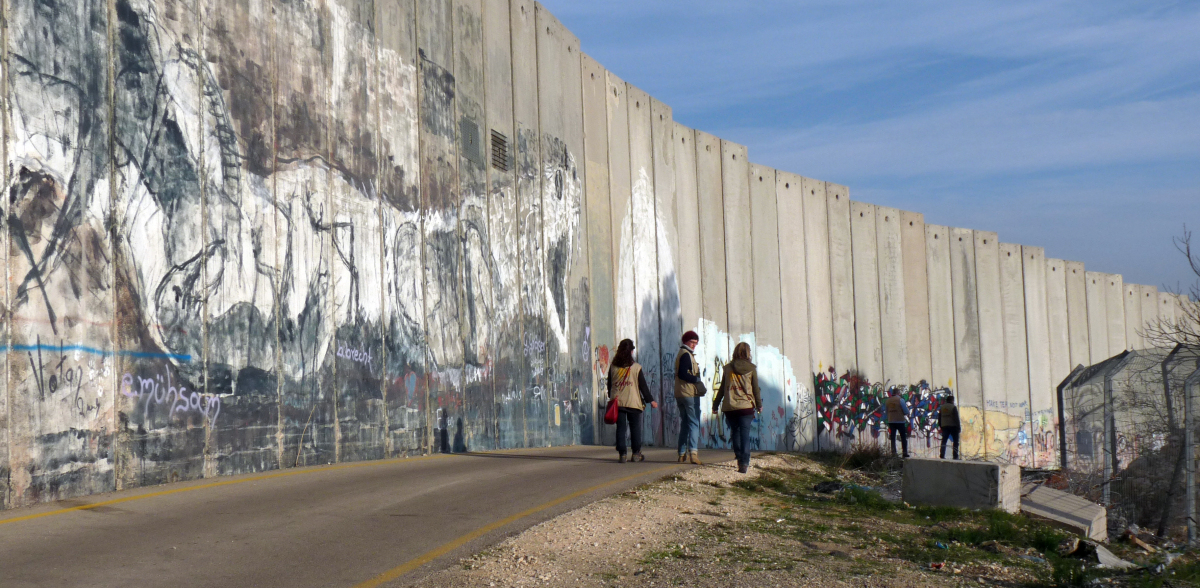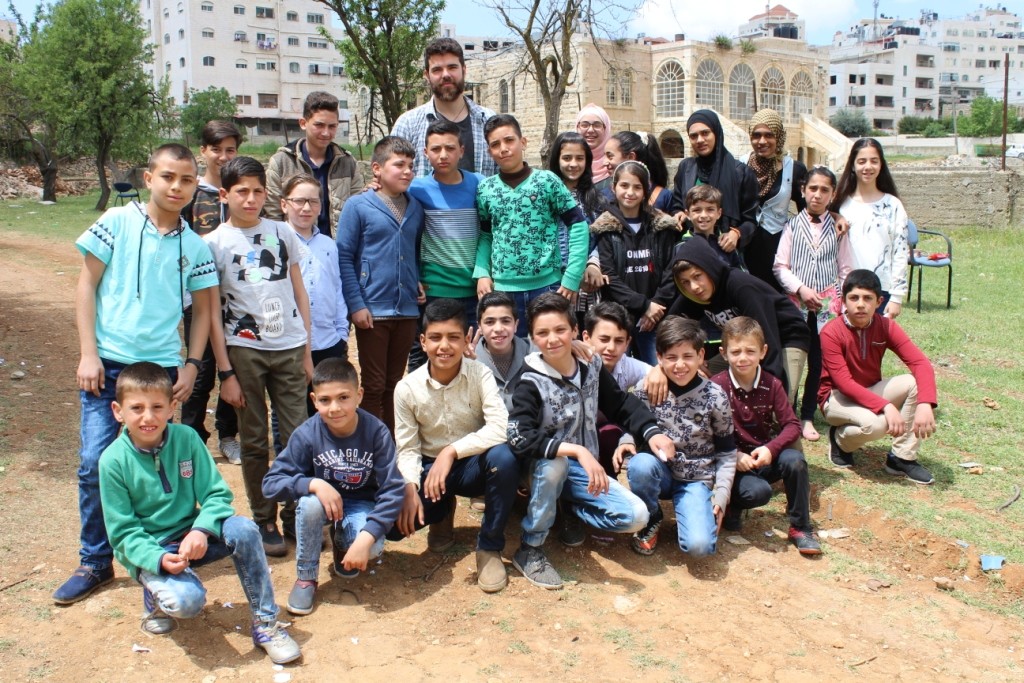The Palestinian Culture: Despite history seemingly working against them, Palestinians, with the assistance of friends and allies all over the world, have still, despite the odds, preserved their rich cultural identity, and more so, have turned it into a profound part of their resistance to the occupation.
For the traveler to Palestine, discovering and being able to experience this cultural depth is one of the most rewarding aspects of any trip to the Holy Land and one of the best ways to become immersed in Palestinian life and the land to which they are a part of.
Cultural vibrancy has steadfastly remained a part of Palestinian identity
Palestinian culture has been nurtured over many generations and has taken on elements from many other cultures, something inevitable given its location at the crossroads of Africa, the Saudi Peninsula, Asia, and Europe.
Yet while Palestinians have struggled in more modern times amidst the ongoing Occupation, no matter their circumstances, their cultural vibrancy has steadfastly remained a part of their identity and a constant presence in the land, a fact now though given more urgency, and in many respects, a greater sense of pride, given its inevitable statement of resistance against the Occupation.
Theatre, dance and arts groups
Despite the ongoing political deadlock, Palestinian society, through numerous NGOs, theatre, dance and arts groups, and with the help of an eager international audience and concerned activists, has been instrumental in this preservation, and for the traveler, ensured it has remained a part of any journey to the region.
The hospitality of Palestinian people
In common with their Arab neighbors, easily the most visible aspect of Palestinian culture is their hospitality. Nothing like the post 9/11 perceptions that have existed in some corners of Western society where Arabs are viewed as religiously inspired zealot’s intent on a life of perpetual war, Palestinian hospitality to strangers (and each other) is as much a part of who they are at the homes and the lands they live on in the West Bank.
This hospitality pervades all social interaction in Palestinian life. For the traveler, this means constant offers of coffee (for free), polite conversations and, if you’re lucky, invites to sample local food, but also comes with a permanent willingness to help strangers, offer advise on whatever topic, and importantly, if they cannot help, a determination to find someone who can.
While the situation in the Holy Land can get tumultuous at times, Palestinian hospitality is a constant that never wavers despite the hardships stacked against them.
The cultural life of Palestinians
The cultural life of Palestinians though did take a setback amidst the crushing burden that was the Second Intifada. However, with those dark days behind them, the famed resoluteness that is a part of being Palestinian ensured this was only a setback, and in recent times, the region has experienced a cultural revival. At the heart of this revival has been Ramallah, the de-facto capital of Palestine.
Being a slightly more liberal city than Hebron or Nablus, Ramallah has recovered from those days where many parts of the city were attacked by Israeli forces and were Yasser Arafat was put under siege and has since revived itself through a dedication to restoring Palestinian culture.
Now, while still a city with challenges, Ramallah bustles with the energy of a people determined to make a sustainable, vibrant life for themselves. With a constant selection of shows and performances mixing with resurging art and cultural scene, Ramallah has something to offer the culturally interested traveler.
Revival in Ramallah and Nablus
Of course, this revival has not only occurred in Ramallah but has been a revival that has swept across all of Palestine. Nablus was another city that suffered greatly during the Intifada. While once a powerhouse of economic activity for Palestinians, the Intifada reduced Nablus to a struggle for survival. Yet, again, determined not to be undone, the residents of this city rebuilt, revived and begun the process of restoring this city to its former self.
The Old City in particular in Nablus is widely regarded as one of the most beautiful and host to numerous crafts workshops, the Nablus Festival is coming into its second year, while in the nearby Balata Camp, the cultural center their hosts numerous talks on politics and literature.
Discussing Palestinian culture
When discussing Palestinian culture, it is ultimately a disservice to only mention these two cities. There is so much going on in Palestine that unfortunately does not make the news but nevertheless deserves greater exposure to the world – theatre in Jenin, and the Women in Hebron crafts co-op are but two more examples.
Palestine is culturally rich
Despite this though, suffice to say, that despite the occupation and the one-sided news that filters out of Palestine, the region of Palestine is as culturally rich as its people are welcoming and the land is beautiful. If a cultural experience is what you are after, you could do no worse than coming to this part of the world.



